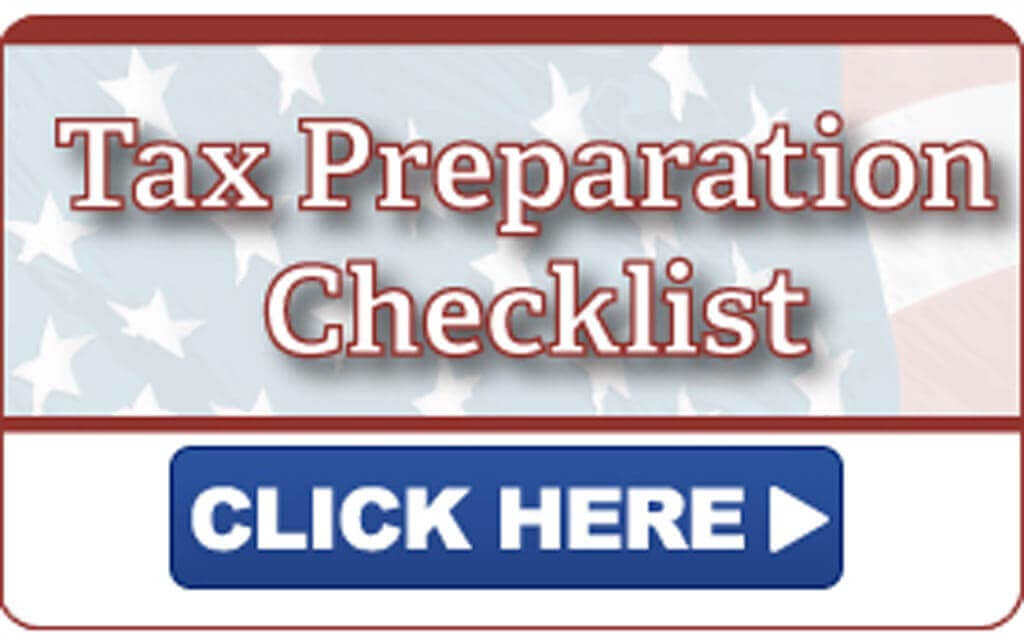Making sure you’re ready to file income taxes on time with the IRS.
This infographic is designed to help you understand everything you need to know to file income taxes on time this year on April 15. Completing your tax returns correctly helps maximize your tax refund while avoiding the hassle and stress of IRS audits.


What should you do with a tax refund?
Most full-time employees usually get a tax refund, and for most this refund is usually pretty big. Financial experts often recommend that people should decrease their federal tax withholding from their paychecks to avoid leaving money with the IRS for a year without any benefit. The idea is that by withholding more than you need to be, your paychecks are smaller than they really have to be. If you decreased the withholding, then you would increase the money you have available each month.
Still, many households are resistant to this idea because they’ve become accustomed to getting a large tax refund every year. It’s not the most efficient use your money to give more to the IRS than you really need to be, but if it’s more comfortable for your finances and lifestyle that way, then you should do what’s works for you.
That being said, if you are attached to getting a big tax refund every year, then you should be taking steps to ensure the money you receive is used in the best way possible. Blowing a refund on a frivolous purchase or just splurging on a big shopping trip is wasting the money you’ve worked hard to make all year.
At Consolidated Credit, our favorite way to use a tax refund is to pay off some credit card debt. The average refund is big enough to eliminate about half of the average credit card debt per household in the U.S. right now. That means you can eliminate a few bills off your budget and free up more cash flow so you can avoid taking on debt for daily expenses. This will also boost your credit score, because the amount of debt you have relative to your total credit line is a key factor in your credit score.
If you don’t have debt to pay off – first, congratulations – the next best financial use of a tax refund is to invest it. Use your tax refund to open a savings or Money Market Account with a better Annual Percentage Yield (APY). Better accounts usually require bigger initial deposits – making it a great use for your tax refund. If you’re happy with your savings account, consider a CD or T-note investment, or make a big one-off contribution to your IRA retirement account.